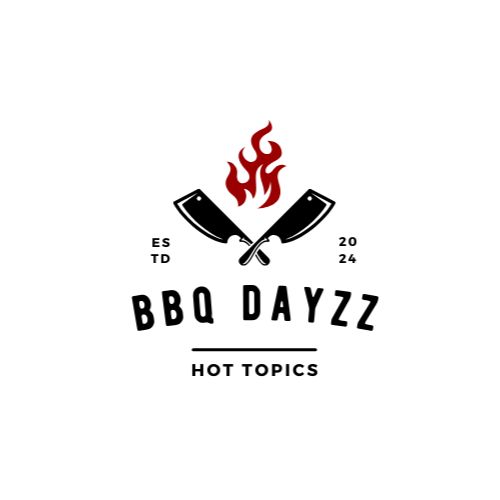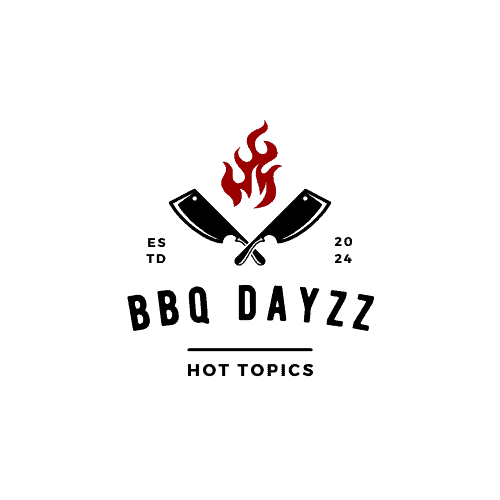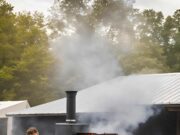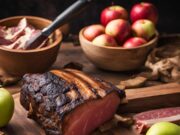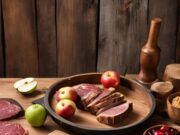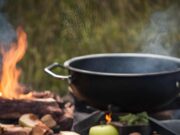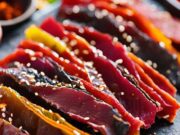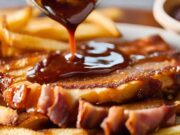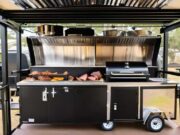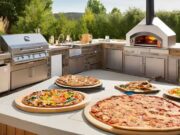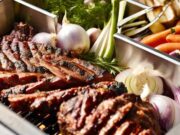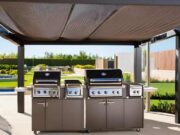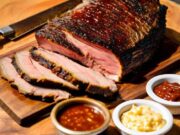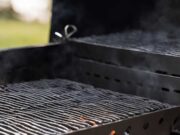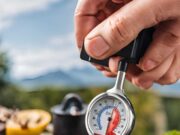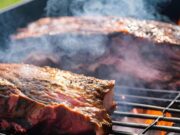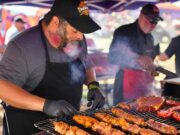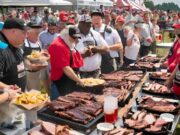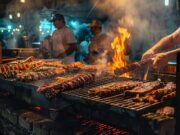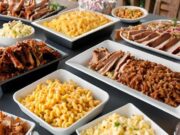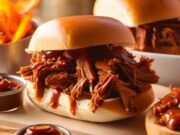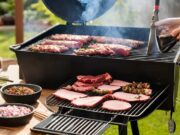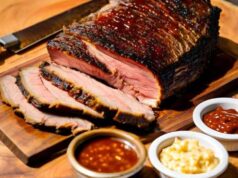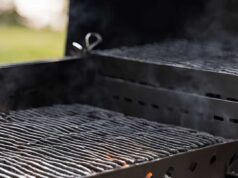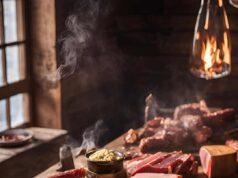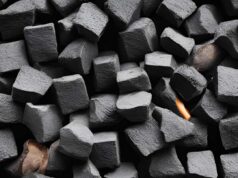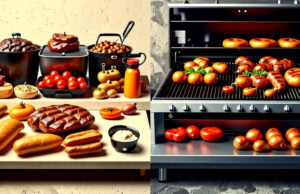Grilling is a cherished activity that can bring friends and family together for enjoyable outdoor meals.
Safety should be your top priority when using charcoal and gas grills. Each type presents unique risks and necessitates specific precautions to ensure a safe cooking experience.
This article outlines essential safety tips for both charcoal and gas grills, highlights common accidents to be aware of, and assists you in making an informed choice about which grill best suits your needs.
You can enjoy your grilling experiences while keeping safety as your primary concern.
Key Takeaways:
- Always use caution when grilling, regardless of the type of grill you are using.
- Charcoal grills require special attention and proper handling to prevent accidents and injuries.
- Gas grills should be regularly checked and maintained to ensure safe and efficient use.
Comparing Charcoal and Gas Grills
When choosing between charcoal and gas grills, it is essential to understand the differences in cooking methods, safety features, and maintenance requirements, as these factors can significantly influence your overall grilling experience. Charcoal grills provide a traditional flavor profile but demand more attention during use to prevent hazardous flare-ups and ensure safety. In contrast, gas grills offer convenience and ease of use, yet they require diligent monitoring for gas leaks and proper maintenance to guarantee safe operation. Recognizing these key differences is important for both novice and experienced grillers.
For example, charcoal grills often take longer to heat up and can produce substantial smoke, which may pose a risk for burns if mishandled. On the other hand, gas grills generally heat up quickly and are simpler to operate, but improper handling of propane tanks can result in dangerous leaks or explosions.
While charcoal grills typically leave behind ash residue that requires thorough cleanup, gas grills usually necessitate routine checks of the propane line and igniter mechanisms.
By carefully weighing these factors, you can make an informed decision that balances safety, efficiency, and enjoyment in outdoor cooking.
Common Grilling Accidents and Injuries
Grilling accidents and injuries can occur unexpectedly, often resulting in burns, fires, and other potentially serious consequences. Therefore, maintaining awareness and prioritizing prevention is vital for ensuring a safe outdoor cooking experience. Statistics indicate that thousands of grilling-related injuries are reported each year, with causes ranging from improper handling of hot equipment to flare-ups and gas leaks. By understanding these common incidents, you can take proactive measures to reduce the risk of accidents and ensure safety for everyone involved.
Each year, the National Fire Protection Association estimates that approximately 10,600 home fires are associated with grilling, which leads to significant property damage and injuries. Common causes of these incidents include failure to properly clean grills, leaving flammable materials too close to the cooking area, and malfunctioning gas lines.
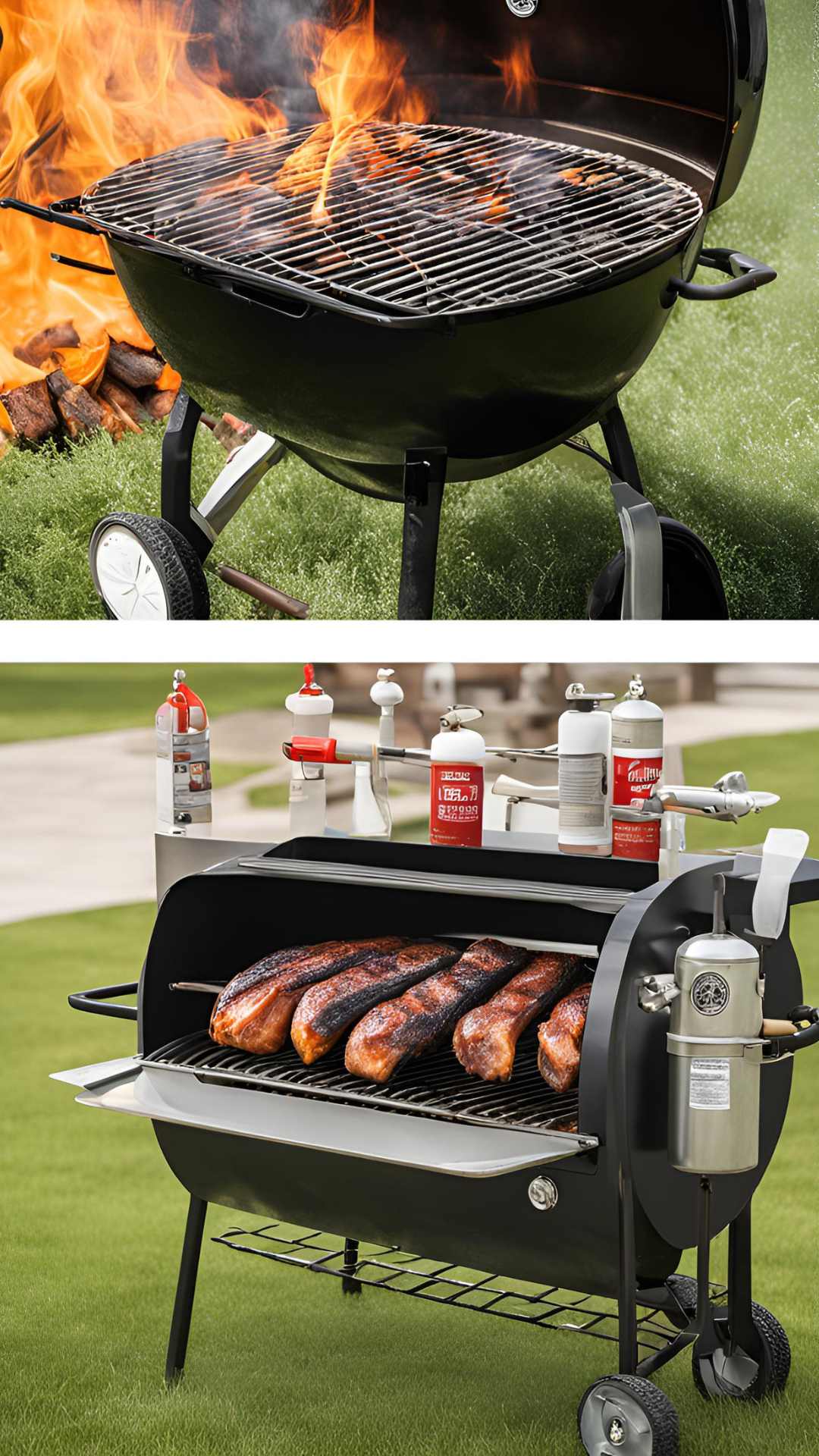
To minimize risks, it is crucial for you to regularly inspect your equipment, adhere to safety guidelines, and keep a fire extinguisher readily available. If there is an accident, knowing basic first aid measures—such as cooling burns with running water or calling emergency services for severe injuries—can be lifesaving.
Safety Tips for Charcoal Grills
When using charcoal grills, it is essential to implement safety tips to minimize the risks of fires, burns, and other accidents, while ensuring an enjoyable grilling experience. Charcoal grills necessitate specific safety measures, including the proper lighting of charcoal, monitoring heat levels, maintaining a well-ventilated area free from flammable materials, and conducting regular maintenance to avoid hazards. Adhering to established guidelines from organizations such as the National Fire Protection Association (NFPA) and the Hearth, Patio & Barbecue Association (HPBA) can further enhance safety.
Utilizing proper lighting techniques, such as a charcoal chimney starter, allows you to ignite the briquettes safely without the need for lighter fluid. Regularly monitoring temperatures with reliable thermometers helps you prevent overcooking or undercooking food, ensuring a safe and enjoyable meal. Following best practices for equipment upkeep, such as inspecting hoses and connections if you are using additional gas elements, can further limit potential dangers.
Cleaning the grill after each use is crucial for removing grease and food residue that can lead to flare-ups. Additionally, storing unused charcoal in a cool, dry place will help keep it in good condition for your future grilling endeavors.
Safety Tips for Gas Grills
Ensuring safety while using gas grills involves adhering to a set of important safety guidelines aimed at preventing propane leaks, fires, and serious burns or injuries during the grilling process. While gas grills offer convenience, it is essential for grillers to remain vigilant in monitoring for gas leaks and to maintain and clean the grill properly to avoid hazardous conditions. Implementing best practices as recommended by organizations such as the National Fire Protection Association (NFPA) and the Hearth, Patio & Barbecue Association (HPBA) will enhance your outdoor cooking experience.
Incorporating thorough visual inspections before each use is crucial for identifying any wear or damage to hoses and connections, as these can be potential sources of leaks. It is imperative to use only tanks and equipment that meet the manufacturer’s specifications to ensure optimal performance and safety.
Regular maintenance, including cleaning the burners and ensuring that the grill is free of grease buildup, not only extends the life of the grill but also minimizes fire risks. Additionally, having a fire extinguisher nearby and being aware of safe grilling distances from flammable structures can further safeguard against unexpected accidents, allowing you to focus on the enjoyment of outdoor cooking.
Frequently Asked Questions
1. What are the main safety concerns when using a charcoal grill?
Charcoal grills have a higher risk of fire due to the use of hot coals. It is important to keep a close eye on the grill while in use and to never leave it unattended. Another concern is carbon monoxide poisoning, so it is essential to only use charcoal grills in well-ventilated areas.
2. Are there any specific precautions to take when using a gas grill?
Gas grills also pose a fire risk, so it is essential to check the gas connections and ensure they are secure before use. It is also important to follow proper lighting procedures and never use a gas grill indoors or in an enclosed space.
3. Can I use lighter fluid to start my charcoal grill?
It is not recommended to use lighter fluid to start a charcoal grill as it can cause flare-ups and increase the risk of fire. Instead, use a charcoal chimney or an electric starter to light the coals safely.
4. How often should I clean my grill to ensure safety?
It is recommended to clean your grill after each use to prevent a buildup of grease and food debris, which can increase the risk of fire. Also, make sure to clean any excess ash from a charcoal grill before using it again.
5. Are there any safety concerns with storing propane tanks?
When storing propane tanks, make sure to keep them in a well-ventilated area away from any heat sources or open flames. Also, check for any leaks before using the tank and replace it if there are any signs of damage.
6. What should I do in case of a fire while grilling?
If a fire occurs while grilling, first turn off the gas or remove the food from the grill in the case of a charcoal grill. If the fire is small, use a fire extinguisher or baking soda to put it out. For larger fires, call the fire department immediately.
